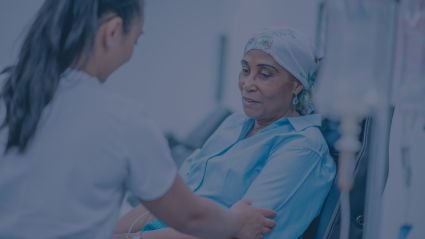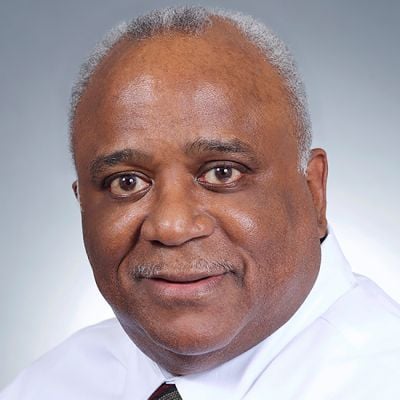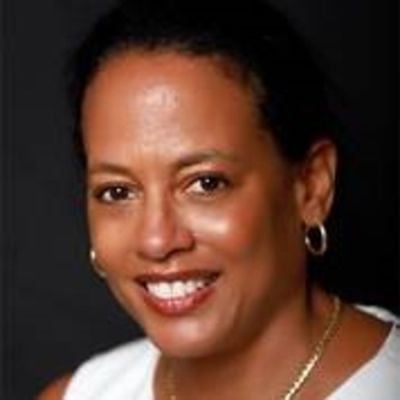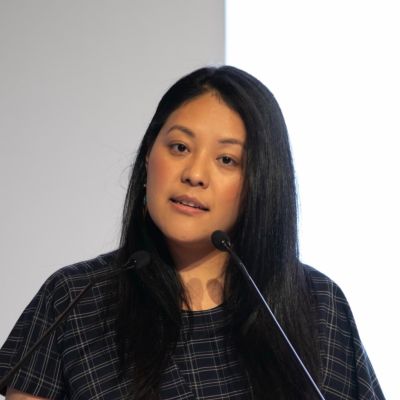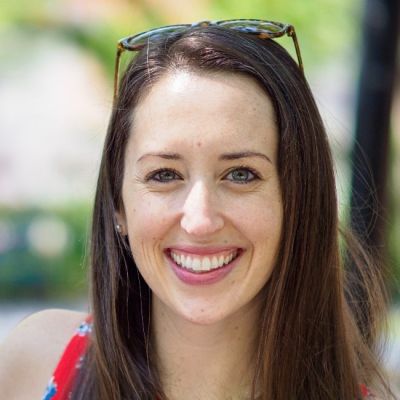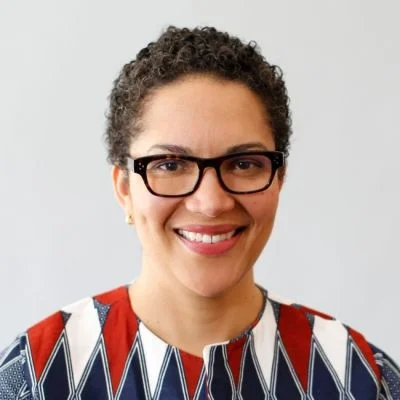The COVID-19 pandemic has upended millions of Americans’ way of life, sparking a recession, mass unemployment, and deep financial uncertainty. Just as the virus itself has disproportionately affected Black and Hispanic communities, these populations are also at greater risk for job loss and not being able to pay basic utility bills, creating nuanced and potentially long-lasting traumas. Throughout the country, people of all ethnicities face continued uncertainty as economic relief measures expire or are rolled back.
Yet, there is a silver lining here—at least there can be. Even before the pandemic, the majority of Americans surveyed did not have enough savings to cover a $1,000 emergency, and most did not understand basic credit and investing concepts. The financial literacy gap has existed for years, and the COVID-19 crisis has simply illustrated how urgent it is that we close it. Fortunately, this could be easier to do than one might imagine.
Making financial concepts accessible to people at all levels of society can have a profound impact on their ability to make informed decisions about spending, saving, and investing their money. When people understand basic money strategies, they become empowered to change their lives and build richer, more resilient futures.
When people understand basic money strategies, they become empowered to change their lives and build richer, more resilient futures.
But financial education doesn’t have to be arduous or time-consuming. Indeed, people are less likely to even attempt learning if they think financial literacy requires a steep time investment. After all, they have their hands full coping with remote work, online learning, and the everyday demands of keeping themselves and their families safe. Additionally, “finance” may seem like an ambiguous and even intimidating topic for those who haven’t studied it.
So how do we overcome those barriers and arm people with the knowledge they need to build strong financial foundations? By providing accessible, actionable education to people in ways they can connect with and relate to.
A working mother doesn’t have time to study the stock market when she gets home each night and starts her second shift of making dinner, overseeing homework, and keeping her family healthy and safe. A recent college graduate looking for work in a tight job market isn’t cracking a finance textbook; he’s wondering how he’s going to make it in the real world.
But even the busiest person finds a few minutes in the day to scroll social media, skim a few quick articles, or like an image. People are naturally drawn to content that’s engaging, that speaks to them where they are, that answers their questions quickly—and yes—that’s entertaining. And these days, when everyone is bombarded with competing demands on their time and competing demands for their attention, it doesn’t hurt to provide information that gets to the point fast.
What we’ve found at Napkin Finance is that people are hungry for this type of content. Consumers are looking for education that provides fast answers that anyone can understand, not a lecture. They connect with information that starts with building blocks and lets them go at their own pace—finding what they need when they need it. And they gravitate to visual content, which has a uniquely powerful way of making even the most complex topics grabbing and impactful.
We’re working to close the financial literacy gap, inch by inch, by providing just this type of content. We create “napkins”—short, relatable infographics—that break down everything from how credit works to the flow of a tax return.
We’ve seen firsthand what a difference it makes when readers connect the dots and start making money moves from a place of empowerment instead of uncertainty or fear. But anyone can apply the lessons we’ve learned to providing financial education. The key is to make it fast, simple, and easy. Because these days, just getting through the day is hard enough.
It has never been more important to give people the tools they need to build strong financial foundations. We don’t know when the pandemic will end, but we know that this won’t be the last economic crisis the country or the world will face. The sooner we provide people with the knowledge to take control of their finances, the more resilient they and our society will be—whatever lies ahead.

